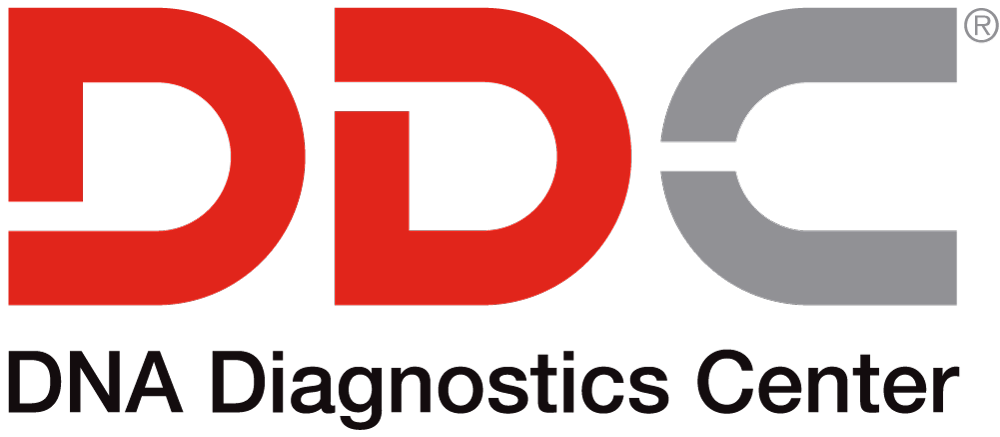JULY 24, 2017
Dog DNA Testing: What is Collie Eye Anomaly?

When looking over the menu of options dog DNA testing, you may be unsure which might be a wise choice for your pet’s breed. Here’s a little information about an inherited disease you might not know a lot about.
If you are the proud new owner of a Collie or Australian Shepherd puppy, you’ve probably seen your vet conduct a thorough eye exam on your dog. They might even bring a special ophthalmic device out of the drawer to peer into the inner workings of Lassie’s eyes. Why is your dog singled out for such close attention?
Collies and some other herding breeds are susceptible to a disease called Collie Eye Anomaly (CEA), also known as Choroidal Hypoplasia. This disorder causes abnormalities of the choroid, a layer of tissue in the retina. The choroid provides blood and nutrients to the retina, which normally aids in the formation of visual images. The disease always affects both eyes, and can cause vision loss and retinal detachment.
CEA Facts at a Glance
- The disease’s effects can range from mild to severe, and can be detected at 6 to 8 weeks of age.
- As time goes by, it is more difficult to determine between normal color-change of the retina (usually around three (3) months of age), and the signs of the disease. The retina changes from blue to yellow-green, and this color change can make the choroidal hypoplasia difficult to detect
- Development of the disease can be common in the first year, but manageable if caught early on, hopefully preventing retinal detachment
- According to PetMD.com, approximately 70 to 97 percent of rough and smooth collies in the United States and Great Britain are affected
- Severely-affected dogs develop abnormalities of the eye and/or the optic nerve, experience bleeding inside the chambers of the eye, retinal detachment, and blindness
How Dog DNA Testing Can Help
What if your dog is older or you want to be thorough, in case signs didn’t appear on the veterinary exam? Or what if you intend to breed the dog, and want to avoid passing this recessive disease to offspring? DDC Veterinary dog DNA testing detects the causative mutation of the disease, enabling owners and breeders to screen breeding dogs, or to identify those who will need close monitoring.
As with all other types of dog DNA testing, it requires a noninvasive swab taken from the inside of the dog’s cheek. The three (3) possible results of the test declare the dog to be:
- Clear of the disease
- A carrier who can pass the disease on to offspring but itself remain unaffected
- An affected dog who will develop the disease during its lifetime, as well as pass it to offspring
Using statistics, the Paternity Index (listed as PI in the table in the upper left) indicates the strength of the match at each Locus (DNA location). In most cases, at least one of the child’s alleles at each location must match one of the father’s at that location. In addition, the DNA location that shows a participant’s sex (male or female), called the Amelogenin locus, is also tested. This is listed at the bottom of the table. One X means female, while one X and one Y means male. Sometimes additional locations on your DNA must be tested to strengthen the results – for example, when two possible fathers are relatives. In this case, those are also listed. When a child has two alleles that are the same size, it will show as just one number on the table. For example, in the first locus in this example, the child received a “16” from both parents.
The Tip of the Tail
It is extremely important to consult your veterinarian when you receive results in order to get expert advice about any treatment your dog might need, as well as detailed information about the implications of the disease. Our tests are convenient, painless, and affordable diagnostic tools that you and your vet can use as a team to protect the health of your dog.
About DNA Diagnostics Center (DDC)
DNA Diagnostic Center is the world leader in paternity and relationship testing. We serve healthcare professionals, government agencies, and individuals around the world to determine family relationships with trusted accuracy.
More Questions? Don’t hesitate to call us: we’re here to help!
CALL NOW




